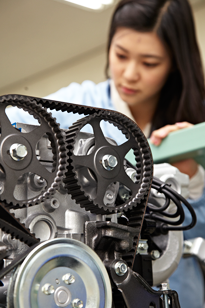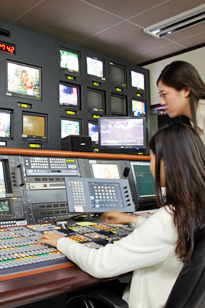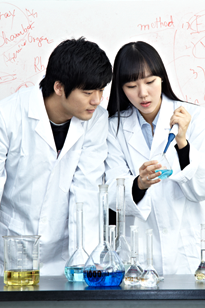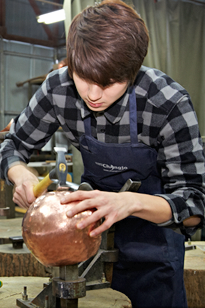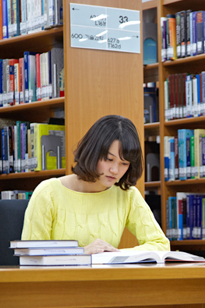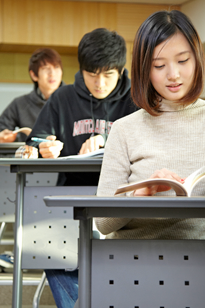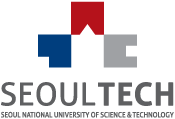College of Engineering
The College of Engineering is a practical education centered university with the educational purpose of producing talented graduates to be leaders in a future science technology and knowledge based society, and has educational goals to cultivate engineers equipped with creative thinking, problem solving skills, major knowledge application skills, comprehensive design skills, information acquisition skills, and adaptability to an internationalized society.
The College of Engineering consists of mechanical affiliated departments and architecture construction affiliated departments, with 1 school (School of Architecture), 5 departments (Mechanical System Design Engineering and 4 others), 5 departments on contract (Mechanical Facility Engineering and 4 others), 1 university administrative office, and an Engineering education innovation center. It is a hall for engineering education with 127 professors, 40 staff members, and around 5,000 students. The workforce produced by the 4 year College of Engineering is 40,000 graduates, and they have leading roles in the development of our industry and economy as junior executives in companies, research institutes, government agencies, and other affiliated institutions.
The College of Engineering consists of mechanical affiliated departments and architecture construction affiliated departments, with 1 school (School of Architecture), 5 departments (Mechanical System Design Engineering and 4 others), 5 departments on contract (Mechanical Facility Engineering and 4 others), 1 university administrative office, and an Engineering education innovation center. It is a hall for engineering education with 127 professors, 40 staff members, and around 5,000 students. The workforce produced by the 4 year College of Engineering is 40,000 graduates, and they have leading roles in the development of our industry and economy as junior executives in companies, research institutes, government agencies, and other affiliated institutions.









